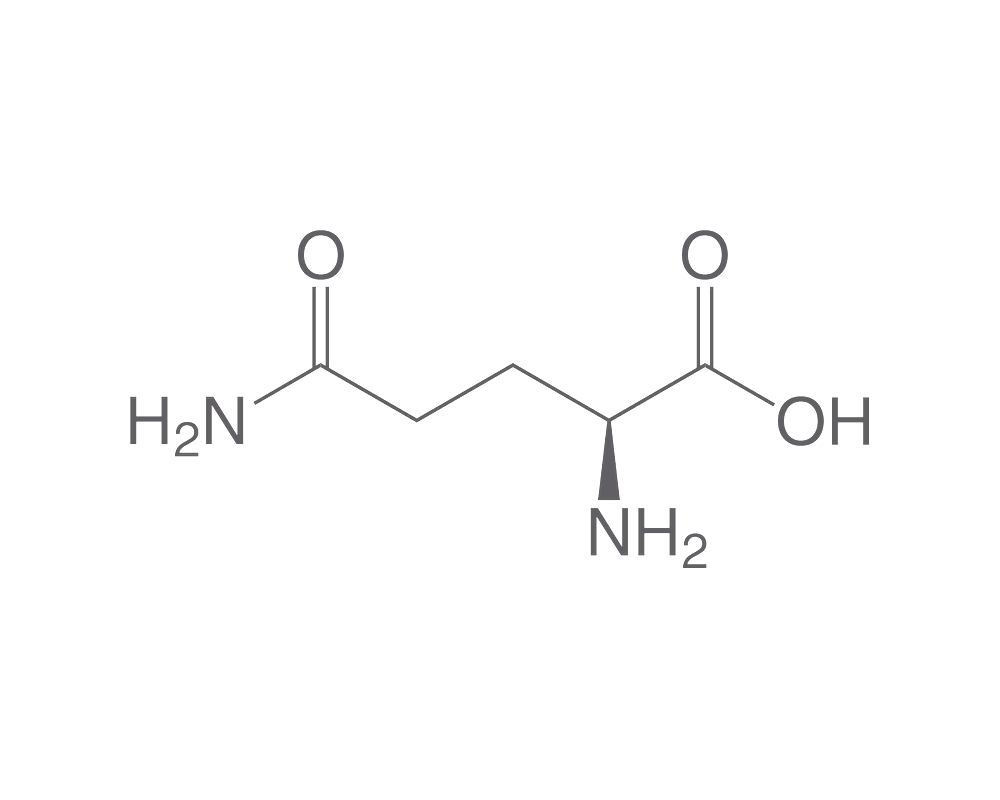
Your body needs the amino acid glutamine to carry outlets of its functions. This amino acid not only serves as protein’s building blocks but it is also vital for immunity. It also has a part to play in your intestinal health. The body produces glutamine naturally and it can also be found in some foods. It is possible that you are unsure whether or not you need to supplement this amino acid for optimum health. In this article, we discussed the benefits, safety, and importance of using glutamine supplements.
Proteins that are produced from amino acids are vital to your organs. They perform several functions like transporting blood substances and fighting against harmful bacteria and viruses. It exists in the D-glutamine and L-glutamine form. Both forms are identical but differ slightly in their molecular arrangement. You can find the L-glutamine form in supplements and foods. Some supplements specifically label it L-glutamine while others simply use glutamine. It appears that D-glutamine is not so important for living organisms. The amino acid form L -glutamine is most abundant in the body fluids and blood. The body produces it naturally but there are times when you might need more than your body is able to produce. At such time you might have to eat food that has it in high quantities or use its supplement.
The Amino Acid Glutamine Food Source
Glutamine can be found in several food varieties. By estimation, a typical daily diet is said to have three to six grams of it, however, this depends on the specific diet.
Animal-based foods have the largest quantity because of their increased protein content. Some plant-derived food also has a good percentage of glutamine due to their protein. One study made use of advanced laboratory techniques to find out how much of L-glutamine can be found in several foods.
Here are the protein percentages which contains L-glutamine in these foods:
- 4.4.% in eggs (0.6gms per 100gms of an egg)
- 4.8% in beef (1.2gms per 100gms of beef)
- 8.1% in skim milk (0.3gms per 100gm of milk)
- 9.1% in tofu (0.6gms per 100gms of milk)
- 11.1% in white rice (0.3gms per 100gms of rice)
- 16.2% in corn (0.4gms per 100gms of corn)
Although plant sources like corn and white rice have a larger percentage of protein-containing glutamine their protein content is fairly low. With animal products like meat, you can easily get sufficient glutamine amount.
There are no studies as to the exact amount of glutamine in specific foods so the best way to increase your consumption of this amino acid is to eat enough proteins.
Benefits of Glutamine
Important for immunity
Your immune system needs glutamine to carry out its function. These amino acids serve as a source of fuel for your immune cells such as the intestinal and white blood cells. However, glutamine blood levels may decrease as a result of surgeries, burns, and major injuries.
If your body needs more glutamine than it is producing then it may deplete protein stores like the muscle to get more supply. Your immune system function can also get compromised if there are inadequate amounts of glutamine available.
Due to this, protein-rich diets, glutamine supplement, or glutamine-rich diets are usually prescribed after major wounds and injuries including burns.
Intestinal health roles
The benefits glutamine has on the immune system are connected to its intestinal health role. The intestines make up a large amount of your immune system. The reason for this is that a lot of intestinal cells have immune functions that impact your overall health.
Glutamine also provides energy for immune and intestinal cells. This amino acid also maintains the intestinal barriers thereby preventing your gut from leaking. It also stops toxins harmful bacteria from migrating to other body parts from the intestines.
Glutamine generally benefits your immunity by supporting the cells of the intestines.
Improves exercise performance and muscle gain: Some researchers suggest that glutamine supplementation improves exercise performance and muscle gain. In a study, the thirty-one participants took either placebo or glutamine during six weeks of weight training activity. After this period both groups had improved muscle mass and strength with no difference.
There are also reports that supplements of glutamine improves muscle recovery after serious exercise and reduces soreness. In fact, a study has shown that glutamine with carbohydrates or just glutamine helps to decrease fatigue blood marker when a person runs for two hours. These supplements can be used to boost an athlete’s immune function although the results here vary.
Side Effects, Safety, and Dosage
Since the body naturally produces amino acid glutamine and it can also be found in foods, there are no concerns about its normal amount being harmful.
An average diet is estimated to contain three to six grams, although this varies depending on the quantity and type of food eaten. Studies done on supplements of glutamine made use of varying dosages ranging from five grams daily to approximately forty-five for a period of six weeks.
Although there are no reported negative side effects of this dosage, the markers for blood safety were not examined. Other studies report minimal concerns regarding safety upon supplementing for a short time with fourteen grams daily.
In summary, it is believed that using glutamine supplements for a short period of time is There Their issue concerns raised about sustaining its use.
Including glutamine to your diet may result in several changes in the manner by which your body processes and absorbs amino acids. Yet the cause of these effects is unknown.
Take-Home
The amino acid glutamine is a very useful nutrient, especially to the intestinal and immune cells. In cases of severe illness or injury when the body is unable to produce a sufficient amount of glutamine, you can supplement it. Based on the information we have now, using these supplements for a short term is considered safer. You should also seek medical advice before going for these supplements.